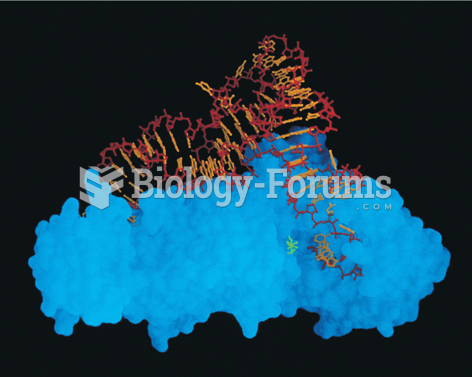Answer to Question 1
Correct Answer: 1, 3, 5, 4, 6, 2
The question What gives your life meaning/purpose? assesses the spiritual belief system. The question What are your sources of hope and strength? assesses personal spirituality. The question Do you belong to any religious or spiritual community assesses integration and involvement with a faith or spiritual community. The question What lifestyle activities or practices (e.g., diet, worship practices, prayer rituals, holy day observances, medical treatment childbearing/child-rearing practices) does your religion encourage, discourage, or forbid? assesses ritualized practices and restrictions, behaviors, and lifestyle practices that influence health. The question Would you like to discuss religious/spiritual implications of your nursing and health care? assesses implications for health and nursing/medical care. The question Are there any unresolved areas of your life at this point that you would like us to assist you with addressing? assesses terminal events planning or end-of-life care.
Answer to Question 2
Correct Answer: 4, 2, 5, 7, 1, 3, 6
Developing trusting relationships occurs first, during infancy. Listening and reacting to spiritual stories, songs, religious rituals and celebrations occur during early childhood. Adherence to scripture-based codes of behavior occurs during childhood. Believing that the Supreme Being is the only one who really knows them occurs during adolescence. Struggling with faith occurs during young adulthood. Discussions of ecumenicism and religious diversity/pluralism occur during early mid-life. Living a lifestyle that places faith as the basis and framework for living occurs during midlife and beyond.







